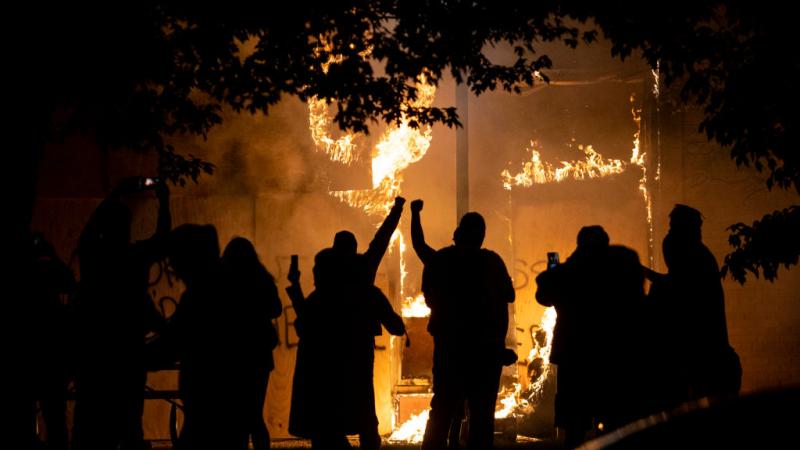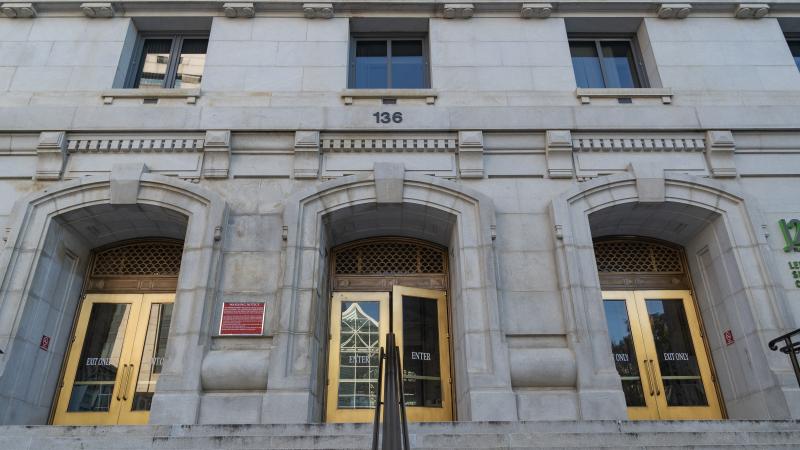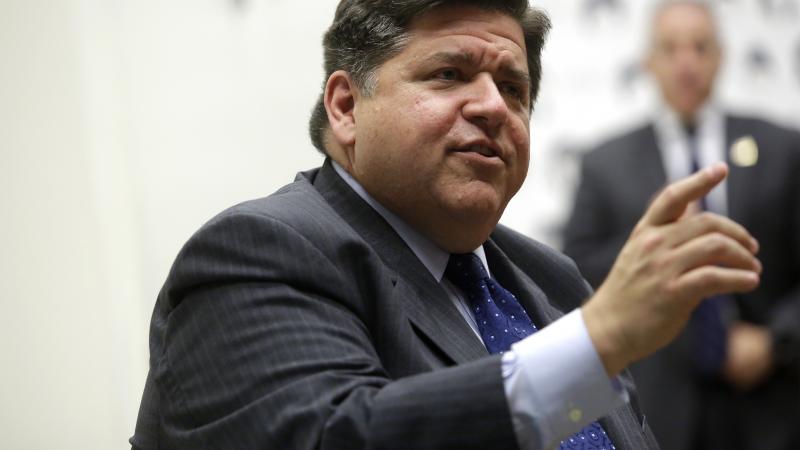Appeals court reinstates 'cultural Marxism' lawsuit by silenced conservative professor
Bakersfield College history professor Daymon Johnson adequately alleged a "credible threat" of enforcement for criticizing DEI under California Education Code, 9th Circuit says.
Bakersfield College historian Daymon Johnson will get his day in court again after the 9th U.S. Circuit Court of Appeals reinstated his free speech lawsuit against California's Kern Community College District, several weeks after it refused in oral argument to rule out investigating him a second time.
U.S. District Judge Kirk Sheriff unexpectedly tossed Johnson's suit last fall for lack of legal standing, overruling a magistrate judge's report and recommendations that issued a partial preliminary injunction against the district's enforcement of the state's diversity, equity, inclusion and accessibility regulations.
He was exonerated after a five-month investigation into his management of the Facebook page for the college's Renegade Institute for Liberty, a right-leaning think tank that has feuded for years with the campus Social Justice Institute, which Sheriff said showed he didn't face a credible threat of future enforcement.
"Johnson has sufficiently alleged 'an intention to engage in a course of conduct arguably affected with a constitutional interest' under the First Amendment," that of criticizing "cultural Marxism" and refusing to promote DEIA, says the unsigned opinion by the three-judge panel of President Trump-nominated Judge Bridget Bade, President George W. Bush-nominated Judge Consuelo Callahan and President Biden-nominated Judge Lucy Koh.
Not only has Johnson established a "concrete plan" to violate the California Education Code regulations through his speech and refusal to regurgitate DEIA principles, but the defendants "have not disavowed enforcement," the opinion says, alluding to the oral argument in June.
He doesn't need to show a specific threat of enforcement "because these regulations were enacted only months before Johnson filed suit," the court said.
It affirmed Sheriff's dismissal of Johnson's claims against other CEC regulations, California Community Colleges' DEIA competencies and district provisions that do not "arguably proscribe" his intended conduct, however, distinguishing Johnson's case from that of fellow BC historian Matthew Garrett, who was fired but received a multimillion-dollar settlement a year ago.
While the district punished Garrett "allegedly in part for speech similar to Johnson's intended speech, it is not clear that such speech, standing alone, would constitute a basis for disciplinary action," the opinion said, citing unrelated conduct charges against Garrett.
Those other policies consist of an "unenforceable, aspirational policy statement" and local policies the district has yet to enact, so Johnson "fails to establish that his challenges to these regulations are ripe for review," it said, also dismissing claims against CCC Chancellor Sonya Christian, who was president of BC when the inter-think tank feud started.
The panel remanded the issue of whether to grant a preliminary injunction back to Judge Sheriff.















